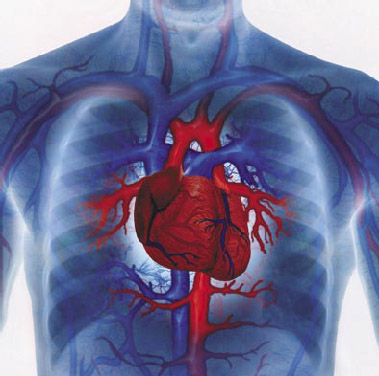- Calls to this hotline are currently being directed to Within Health or Eating Disorder Solutions
- Representatives are standing by 24/7 to help answer your questions
- All calls are confidential and HIPAA compliant
- There is no obligation or cost to call
- Eating Disorder Hope does not receive any commissions or fees dependent upon which provider you select
- Additional treatment providers are located on our directory or samhsa.gov
Ideal Body Weight and Anorexia Recovery: What Does Research Show?

Contributor: Crystal Karges, MS, RDN, IBCLC, Special Projects Coordinator at Eating Disorder Hope/Addiction Hope
Many factors contribute to the healing process from anorexia, as this mental illness takes a toll on the body in multiple ways. Weight is often a marker that treatment providers will look at to discern how a person is recovering and if physical health and wellness is progressing.
While weight restoration is often a significant component to treatment and recovery for many individuals suffering with anorexia, it is important to know that weight is not the only factor that a treatment team will use to analyze physical health.
Medical Stabilization Is Typically the First Step
For people who has experienced any amount of weight loss due to anorexia, treatment and recovery will often focus on medical stabilization and nutritional rehabilitation, which often leads to restoration of a healthy weight range. Ideal body weight is used as a guide to discern what weight range is appropriate for a person to be within, particularly when weight has been severely distorted due to anorexia.
Ideal body weight is simply a guide that practitioners will use to estimate a healthy weight range for a person based on their height, but this is by no means the only factor that health professionals use for determining weight.
Understanding What a Healthy Weight Looks Like
Understanding what may be a healthy weight for you is based on a variety of factors, including weight and growth history, family history, physical wellness and more. When in recovery from anorexia, it is more important to look at the overall health of an individual rather than simply focus on the weight.

A Guiding Tool for Treatment
Once these various areas begin to stabilize in a person with anorexia, this may indicate that the individual is approaching a healthy weight range for their body. This may be somewhat more or less around their calculated ideal body weight.
Ideal body weight is a guiding tool for many practitioners treating a person with anorexia. If you are struggling with anorexia and unsure about your weight or another symptoms you may be experiencing, be sure to work with a treatment team who can guide you through the recovery process.
Community Discussion – Share your thoughts here!
What has been your experience with the process of weight restoration in anorexia recovery? What other aspects did your treatment team look at to ensure your health and recovery from anorexia?
Last Updated & Reviewed By: Jacquelyn Ekern, MS, LPC on July 22nd, 2015
Published on EatingDisorderHope.com
